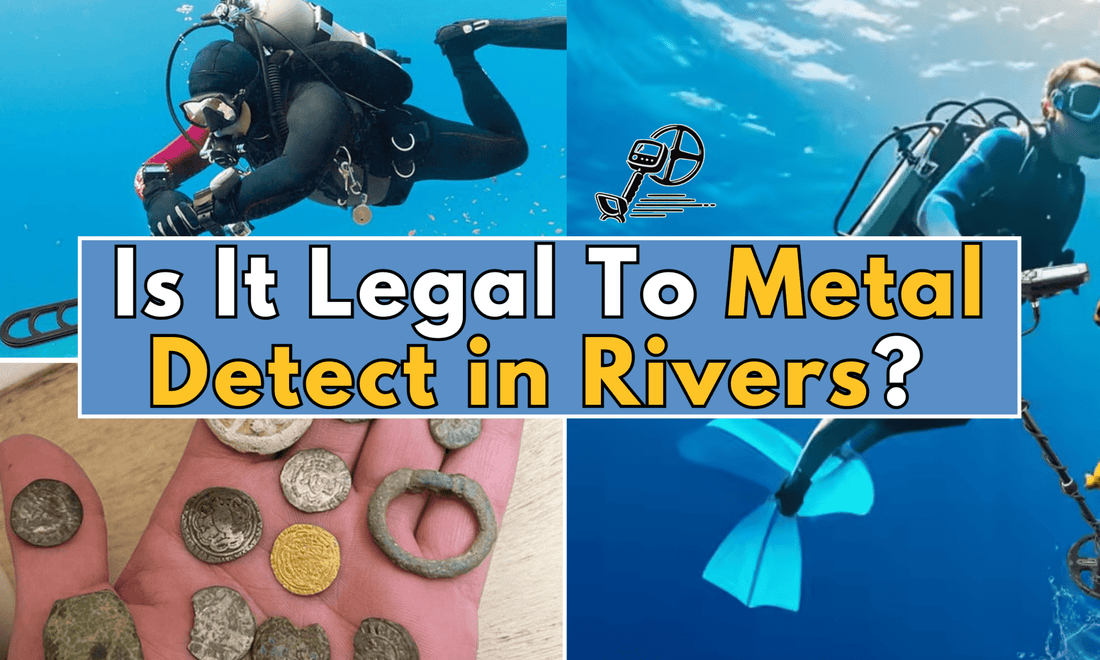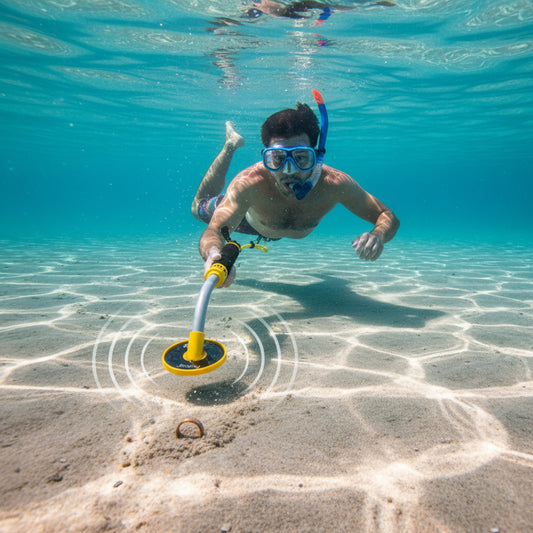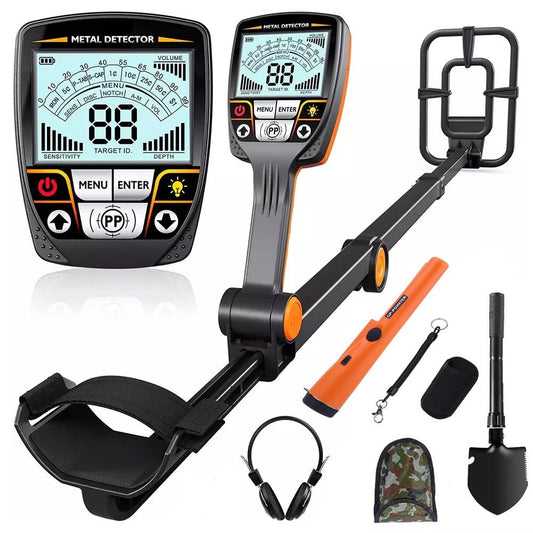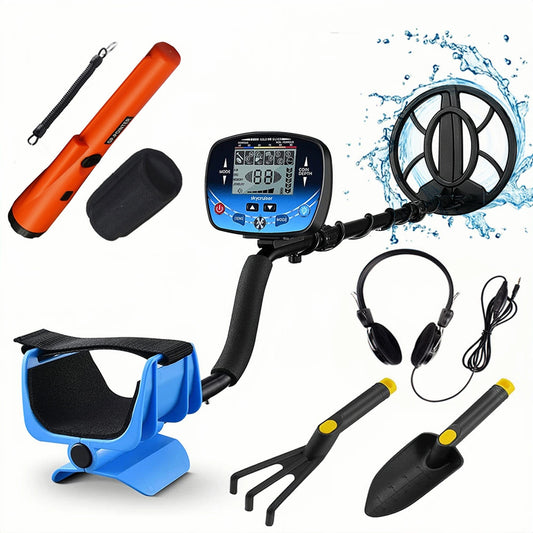
Is It Legal to Metal Detect in Rivers? A Guide to Waterway Treasure Hunting
Share
Is it legal to metal detect in rivers? This question often puzzles both novice and experienced treasure hunters.
As we navigate the waters of 2025, understanding the legal landscape surrounding river metal detecting is crucial for anyone looking to explore these potentially treasure-rich environments.
This comprehensive guide will dive deep into the legalities, best practices, and considerations for metal detecting in rivers.
Understanding the Legal Framework

The legality of metal detecting in rivers varies depending on several factors:
-
Jurisdiction: Laws can differ between countries, states, and even local municipalities.
-
River Classification: Whether a river is considered public or private can impact detecting rights.
-
Historical Significance: Some rivers may have protected status due to historical or archaeological importance.
Federal Regulations
In the United States, federal laws that may affect river metal detecting include:
-
The Archaeological Resources Protection Act (ARPA)
-
The National Historic Preservation Act (NHPA)
-
Clean Water Act regulations
These laws generally prohibit unauthorized removal of artifacts from federal lands, including riverbeds.
State and Local Laws
State and local regulations can vary widely:
-
Some states require permits for any form of metal detecting in waterways.
-
Others may have specific rules for different types of rivers or streams.
-
Local ordinances might restrict or prohibit metal detecting in certain areas.
Obtaining Permissions and Permits
Before you start metal detecting in rivers, consider the following steps:
-
Research Local Laws: Check with your state's Department of Natural Resources or equivalent agency.
-
Seek Landowner Permission: For private property access to riverbanks.
-
Apply for Permits: If required by your local jurisdiction.
-
Join a Local Club: Metal detecting clubs often have information on local regulations and permissions.
Best Practices for Legal River Metal Detecting

To ensure you're detecting legally and responsibly in rivers:
-
Respect "No Trespassing" Signs: Never enter private property without permission.
-
Avoid Disturbing Wildlife: Be mindful of fish spawning areas and aquatic habitats.
-
Fill in Your Holes: If you dig, always refill holes to maintain the riverbed's integrity.
-
Report Significant Finds: Historical artifacts should be reported to proper authorities.
Equipment for River Metal Detecting
When metal detecting in rivers, specialized equipment is often necessary:
-
Waterproof Metal Detector: Essential for submerged searching.
-
Waders or Waterproof Boots: To keep you dry while detecting.
-
Sand Scoop or Sieve: For recovering targets from the riverbed.
-
Dry Bag: To protect non-waterproof gear.
Potential Finds in Rivers

Rivers can yield a variety of interesting finds:
-
Coins and Jewelry: Often lost by swimmers or boaters.
-
Historical Artifacts: Depending on the river's history.
-
Gold Nuggets: In areas with a history of gold panning.
-
Modern Lost Items: Keys, phones, and other valuables.
Environmental Considerations
Responsible river metal detecting includes being mindful of the environment:
-
Avoid Disturbing Vegetation: Stick to established paths when possible.
-
Remove Trash: Help clean the river by removing any litter you find.
-
Be Cautious of Water Quality: Some rivers may contain pollutants or harmful bacteria.
Safety Tips for River Metal Detecting

Safety should always be a top priority when metal detecting in rivers:
-
Check Water Conditions: Be aware of currents and water depth.
-
Wear a Life Jacket: Especially in deeper or fast-moving waters.
-
Detect with a Partner: It's safer to have someone with you.
-
Be Aware of Weather: Conditions can change rapidly near waterways.
The Future of River Metal Detecting
As we look ahead in 2025, several factors may influence river metal detecting:
-
Technological Advancements: Improved waterproof detectors and recovery tools.
-
Environmental Regulations: Potential changes in laws to protect aquatic ecosystems.
-
Increased Interest: Growing popularity may lead to more specific regulations.
Conclusion: Navigating the Waters of River Metal Detecting
So, is it legal to metal detect in rivers? The answer is: it depends. While many rivers offer exciting opportunities for metal detecting, it's crucial to navigate the legal and ethical considerations carefully. By researching local laws, obtaining necessary permissions, and practicing responsible detecting, you can enjoy this fascinating aspect of the hobby while staying on the right side of the law.
Remember, the true value of river metal detecting lies not just in the potential finds, but in the experience of connecting with nature and history. Whether you're searching for lost treasures, historical artifacts, or simply enjoying the great outdoors, always prioritize legality, safety, and environmental responsibility.
As regulations and technologies continue to evolve, stay informed and adaptable. Join local metal detecting communities, keep up with changing laws, and always approach river detecting with respect for both the environment and the law. Happy hunting, and may your river adventures be both legal and rewarding!





1 comment
Where can I go to metal detect